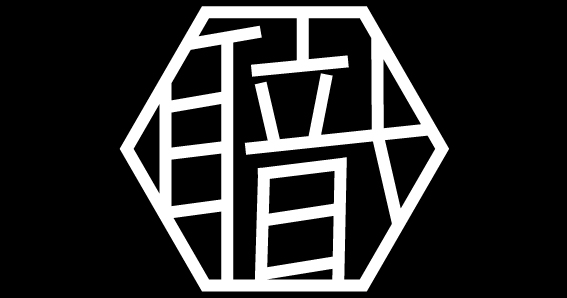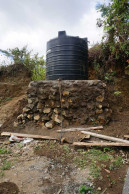When asking around about this coffee from Tanzania, an origin I was very much interested in, people kept telling me it was too primitive and only just specialty grade. Then I met Rebecca Trupin as an Aranga representative at World Of Coffee 2018 in Amsterdam, and I was amazed by her enthusiasm and energy. With such a mindset, I felt that no one should give up on this coffee that had so much complexity and sweetness to it already, despite lacking in body and clarity. Even though this quality does not exactly meet the quality standards that Shokunin adheres to, it is definitely a coffee worth investing in, since we expect it to reach high specialty grade within a couple of years. This, we can achieve by buying the coffee at premium prices now in order to make the proper investments.
The value chain
The infographic below shows what the monetary value chain with this producer roughly looks like. This changes slightly per year based on volume and quality but is usually reliable over the years.

Key achievements
2015
First independent export.
2016
Reduced collective drying from 12 locations to 4 in order to stabilize drying; introduced moisture meters.
2017
New partnership with agronomist and worked on communication channels between the cooperative and exporters.
2018
Met at World Of Coffee and discussed plans and feedback over Whatsapp for months after. This feedback loop that included examples and knowledge from all around the world gave new perspectives on processing and ways to get farmers enthusiastic about quality.
2019
Discovered the potential of a peaberry selection and reserving this for the coming seasons.
2020
First official export of peaberry selection.
First African “shokunin exclusive” lot.
The microlots
Even though our collaboration started with one of Aranga’s regular offerings, our perseverance and trust led to our own selection.
Nothing found.
Nothing found.
The story
The Aranga group was originally formed by 10 members who wanted to become independent from a mismanaged cooperative. They shared a vision that quality coffee is more sustainable and more rewarding and put this in a democratic jacket. Because of this, they were open to feedback and communication; this has led to 50% higher prices after 3 years of working together.
Their collective approach is not like any other cooperative: ever since their start in 2002, they have held weekly meetings with their members, made decisions collectively and got a local agronomist involved. The project grew steadily and currently the cooperative has 28 members. Generally, each member has 0.2 – 2 acres of land, which the coffee plants share with mostly banana trees.
Rebecca Trupin is our main contact person for this cooperative. This half-Tanzanian, half-American energetic yet modest woman met the Aranga group in 2012. She met Lennart of This Side Up in 2014; he gave advice on contracts and shipping, assuming she would be exporting to the United States. However, the 2015 was so good that Lennart decided to get this coffee to Europe after all.











